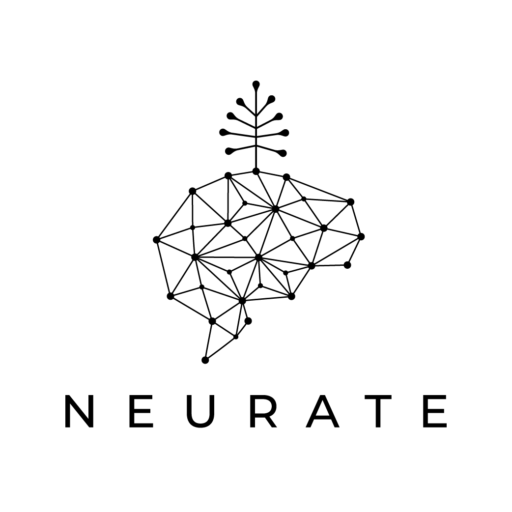Companies are continually striving to increase team effectiveness. Research has shown which factors define an efficient and a productive team. A meta-analysis of 65 independent studies elucidated that the biggest drive of team motivation and performance was the emergent property of collective intelligence. Collective efficacy determines individual motivation, effort and a group’s persistence in the face of failure. Groups can be so smart that even the chess champion Kasparov said that the hardest game he had ever played had been against the World in 1999.
Individual cognitive abilities strongly predict professional success, school grades, or even life expectancy. What about group intelligence? In 2010, a study was published in the prestigious journal “Science” and a group’s collective intelligence was defined as “the general ability of the group to perform a wide variety of tasks”. Surprisingly, this study, which was based on investigating team dynamics on a sample of 699 people (Woolley et al. 2010), showed that the maximum or the average individual intelligence did not strongly correlate with the group´s performance. This means that simply hiring the best and the brightest ones does not ensure successful team performance.
What about the expected factors which are thought to be vital for teamwork, such as group cohesion, satisfaction, and overall motivation? They surely play a crucial role in shaping team performance. It turned out that none of these factors predicted the group´s capacity for achievement.
Interestingly, the three factors that did strongly predict general collective intelligence were: equal distribution of taking turns in the conversation, the average social sensitivity of group members, and the number of females in a group. This means that groups where a small number of individuals dominate the conversational dynamics are less capable of achieving results than groups where “airtime” is more equally distributed. The second factor that created the basis of successful teams was social sensitivity. Social sensitivity is the individual´s ability to recognize, understand and respect other people´s opinions and to perceive social context, nuances, and cues. The third factor was the number of women on the team. The positive correlation between the number of women on the team and the team’s success was due to women’s social sensitivity – they are more sensitive than men.
Although all three variables (distribution of taking turns in the conversation, the average social sensitivity of group members, and the number of females in a group) were able to predict collective intelligence, only social sensitivity displayed statistical significance. Both research investigating short-term projects (Woolley et al. 2010) and long-term ones (Bender et al. 2012) have proven that the team performance strongly correlates with social sensitivity. Thus, this factor should be taken seriously when leading teams.
Social sensitivity is not the same as interpersonal harmony. For example, a factor that hinders group performance is having too much homogeneity among its members. While it is certainly more comfortable to work with like-minded people, the similarity of opinions is not a fertile ground to foster creativity. Divergent opinions are needed in order to kindle excellence. Thus, the absence of conflict, and the same ideas between team members are not the key ingredients of the success, but being skilled at valuing the other person´s point of view and respecting your differences.
Collective intelligence as an indicator of a team’s success could help us predict long-term performance of a team, its effectiveness, and a worthwhile management investment. Focusing on improving the emotional intelligence, with respect to social situations, leads to a greater collective intelligence, as well as a better performance of a team.
References:
Bender,L., Walia, G., Kambhampaty,K., Nygard, K.E., Nygard, T.E. Social Sensitivity and Classroom Team Projects: An Empirical Investigation. Proceedings of the 43rd ACM technical symposium on Computer Science Education Pages 403-408. SIGCSE’12, February 29–March 3, 2012, Raleigh, North Carolina, USA.
Deary, I.J., Looking Down on Human Intelligence: From Psychometrics to the Brain (Oxford Univ. Press, New York, 2000).
DeChurch, L.A.; Mesmer-Magnus, Jessica R. The cognitive underpinnings of effective teamwork: A meta-analysis. Journal of Applied Psychology, Vol 95(1), Jan 2010, 32-53.
Greenlees I.A., Graydon, J.K., Maynard, I.W. The impact of collective efficacy beliefs on effort and persistence in a group task. J Sports Sci. 1999 Feb;17(2):151-8.
Hackman, J.R. Leading Teams: Setting the Stage for Great Performances. http://hbswk.hbs.edu/archive/2996.html
Woolley, A.W., Chabris, C.F., Pentland,A., Hashmi, N., Malone, T.W. Evidence for a Collective Intelligence Factor in the Performance of Human Groups. 29 OCTOBER 2010 VOL 330 SCIENCE
Wuchty,S., Jones,B.F., Uzzi,B. The Increasing Dominance of Teams in Production of Knowledge. 18 MAY 2007 VOL 316 SCIENCE

